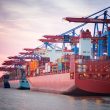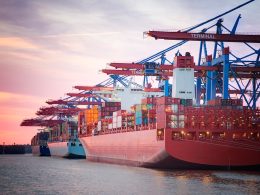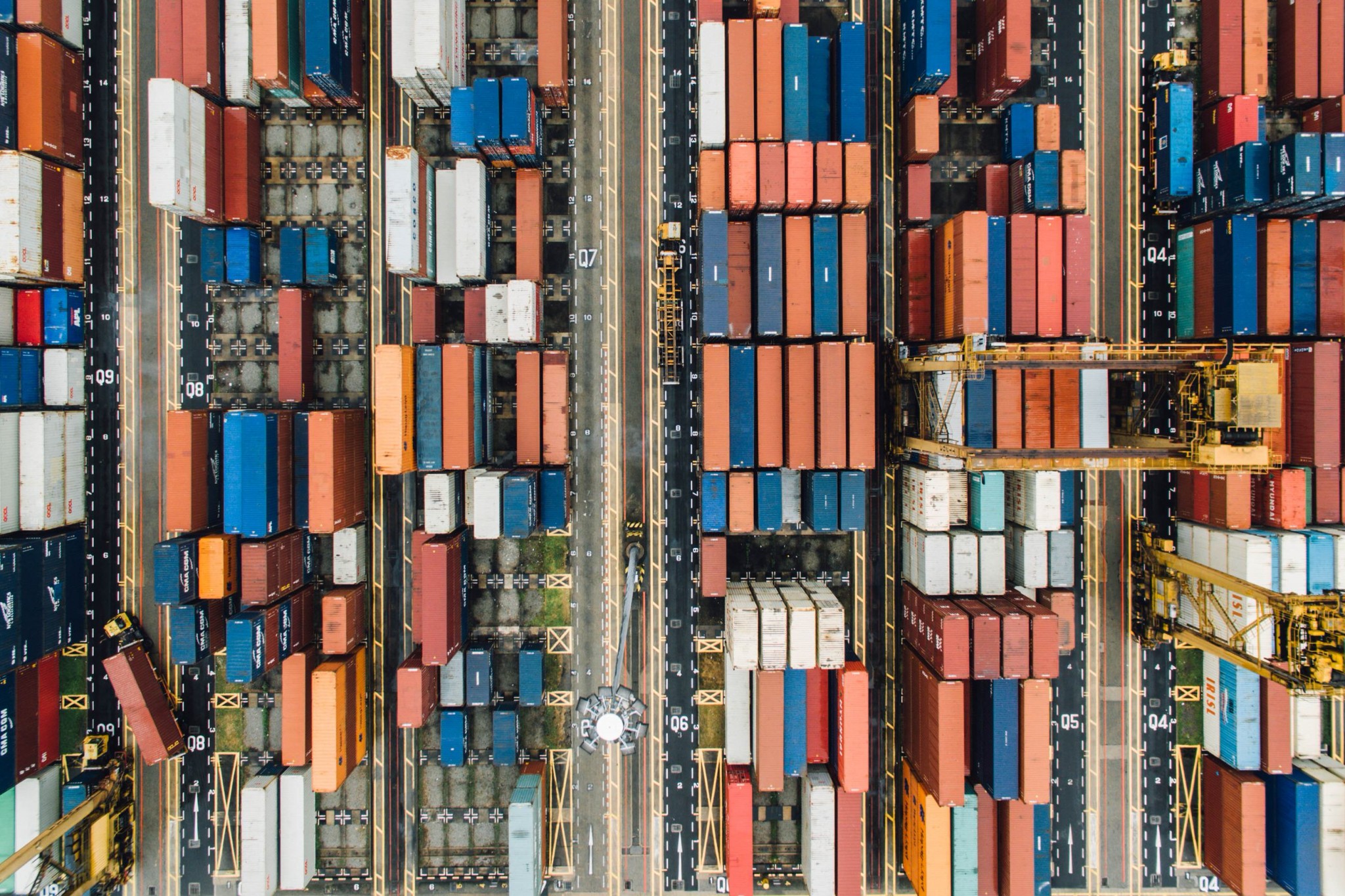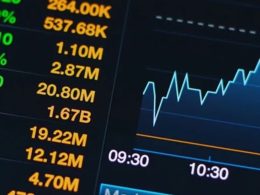Emerging Markets Radar (November 19, 2012)
Strengths
- China has completed a leadership transition which has removed any political hangover in regards to who is getting into the power circle. China wants to double GDP and income per capita by 2020, which implicitly targets annual GDP growth of 7 percent. This will make the new leadership remain on pro-growth policies for 2013 when it consolidates its power base.
- China’s October fiscal revenue rose 13.7 percent year-over-year to RMB 1.04 trillion and fiscal spending rose 6.7 percent to 861.7 billion Yuan. According to Reuters, last Friday the chairman of China Railway Group said that China has preliminary plans to spend RMB 600 billion in railway infrastructure in 2013. October railway investment surged 141 percent to RMB 81 billion from last year’s low-base.
- China’s October total social financing quickened to 20.1 percent growth, thanks to increasing corporate bond issuances that offset lower bank loans. Bank loans were RMB 505 billion, lower than consensus RMB 590 billion. M2 grew a decent 14.1 percent, though lower than the expected 14.4 percent.
- Chinese passenger-vehicle sales were up 6.4 percent in October and exports increased 11.6 percent versus the estimate 10 percent. This widened the trade surplus to $32 billion, the most in four years.
- Singapore’s October exports are up 1.6 percent, reversing a decline in September.
- Malaysia’s third quarter GDP expanded a robust 5.2 percent, exceeding the market expectation and benefitting from 22.7 percent investment expansion and 8.5 percent private consumption growth.
- GDP in Hong Kong grew 0.6 percent quarter-over-quarter, and 1.3 percent year-over-year, reversing a contraction in the prior quarter.
- Philippines remittance rose 5.9 percent in September to $1.84 billion.
- In Turkey, the country saw the continued sharp decline in the current account (C/A) deficit. At $2.7 billion, the September C/A deficit came out below the consensus forecast of $3 billion and the overall deficit to GDP is at 7 percent, representing a meaningful decline from the 10 percent level of the previous year. More importantly, the non-energy C/A posted a significant surplus of approximately $1.7 billion compared to a deficit of $2 billion a year ago. In regard to monetary policy, the Central Bank of Turkey will hold its MPC meeting on November 20. The market expects the upper end of the interest rate corridor to be cut by 50 basis points to 9 percent.
- Brazil’s Rousseff administration has cut taxes on consumer goods, pressured banks to lower borrowing cost and demanded that electric utilities reduce rates as part of an intervention policy intended to spur an economic rebound.
- In Hungary, October CPI printed at 6 percent, lower than the consensus of 6.3 percent. In Poland, October CPI eased to 3.4 percent, broadly in line with expectations.
Weaknesses
- In the last week, the Philippines stock market witnessed a net money inflow of $16 million, while Indonesia and Thailand witnessed net outflows of $35 million and $222 million, respectively.
- Official data from the China Bank Regulatory Commission (CRBC) showed that commercial banks’ NPL size rose by 4.9 percent quarter-over-quarter in the third quarter, while the NPL ratio rose by 1 basis point quarter-over-quarter to 0.95 percent. While NPLs at joint-stock banks rose 13 percent quarter-over-quarter, or 32 percent year-to-date, the big five state banks continue to report good asset quality, with NPLs rising 1.7 percent quarter-over-quarter, or 2.5 percent year-to-date. NPLs are also largely concentrated in Zhejiang province where Wenzhou was the worst.
- China’s government will introduce a time-differential dividend tax policy. Investors who hold stocks for more than one year will pay a 5 percent tax while holders of shares for between one month and one year will pay a 10 percent tax, leaving holders of shares for less than one month to pay a 20 percent tax. While any tax is negative, it might deter short-term speculators.
- Singapore retail sales fell 0.5 percent month-over-month, versus the consensus forecast of 1.4 percent.
- Brazil’s real fell on speculation that the central bank will allow the currency to weaken. The real is the worst performer in the past year among emerging market currencies, dropping 15 percent.
- In the Czech Republic, the preliminary third quarter GDP release showed GDP down by 1.5 percent, below the market consensus of -1.2 percent. In Hungary, third quarter GDP was down 1.5 percent, below the consensus expectation of -1.3 percent.
- In South Africa, retail sales for September came in at 4.3 percent, slightly lower than consensus expectations of 4.8 percent. This was mostly due to weak performance in clothing and textiles, household furniture, pharmaceutical products and hardware paint and glass.
Opportunities
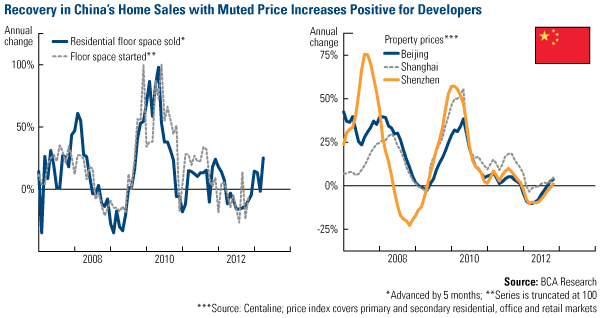
- The two graphs above from BCA show housing sales and property price changes. The first graph shows housing sales have increased, which helped developers’ sales growth and cash flow, while the second graph shows a moderate property increase in spite of rising property sales. A flat or slight rising price will keep the policy-makers at bay in further tightening the market.
Threats
- After three decades of rapid growth, China is facing a development gap between regions, enlarging wealth inequality, government official corruptions, an aging population and environmental degradation. While the new leadership has identified these challenges, there are no clear ideas yet on how and when to implement reform policies, particularly to rally reformers and conservatives to the tasks.
- Although GDP growth turned to a positive 1.3 percent in the third quarter, Hong Kong’s export of services dipped visibly to only 0.1 percent, down from 2.9 percent in the second quarter this year. The lackluster performance showed the combined effects of sluggish trade flows and quieter fund-raising and cross-border financing activities in the face of a weak global economy. Those factors may continue to hinder a strong rebound of the Hong Kong economy.
- Petroleo Brasileiro SA, the world’s biggest oil producer in deep waters, fell to its lowest in more than three months after saying it may have to sell more assets if it does not get a fuel price increase. To hike the fuel price, it will need approval from the company’s board, which is controlled by the government.



